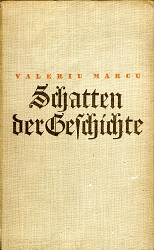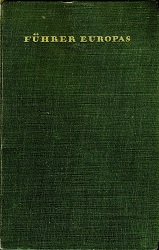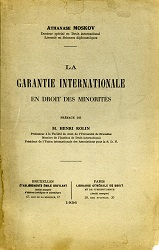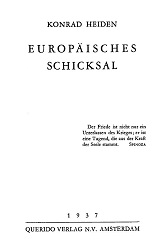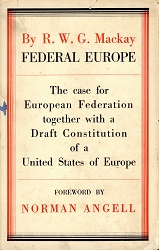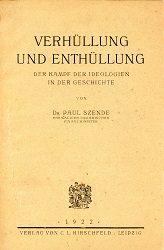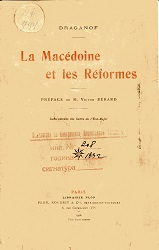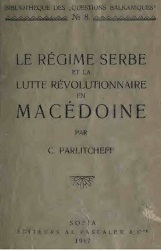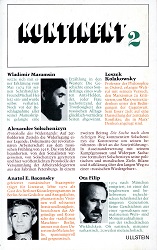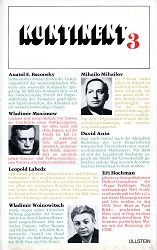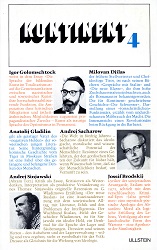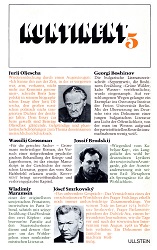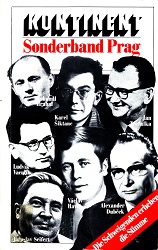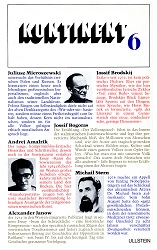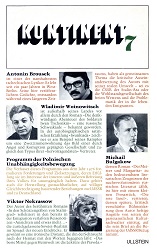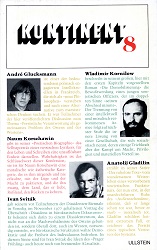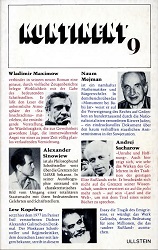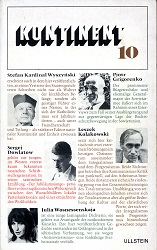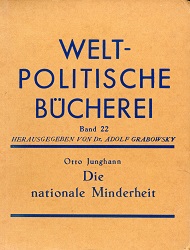
The National Minority
Die nationale Minderheit
Keywords: ethnic minorities; migration;
In the present publication the attempt has been made to convey an idea of the main aspects of the minority problem with just a few strokes. On the one hand, the fundamentals should come out as clearly as possible - on the other, the diversity of the phenomena of life that oppose the seeker for a problem solution should at least be hinted at. The attempt is made to show the place that the minority question occupies within the broader context of world events. Given the limited volume of the booklet, there can be no question of an exhaustive treatment of the question. The concrete statements about the actual situation also required extreme restrictions. The figures used in the text and in the tables in the appendix are based on the latest studies by the German Society for Nationality Law, Berlin-Steglitz, unless they are taken from the 1930 Ethno-Political Almanac published on behalf of the Berlin-Steglitz Institute for Border and Foreign Studies.
More...
